US West Coast Erosion Spiked In Winter 2009-10, Previewing Likely Future As Climate Changes
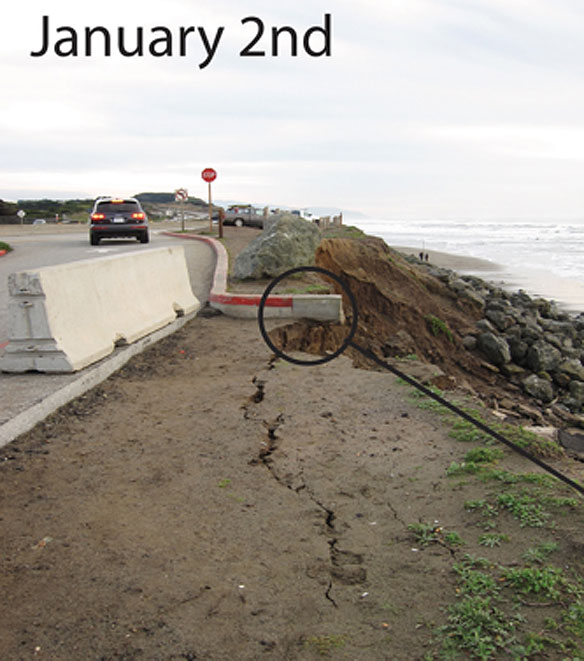
Knowing that the U.S. west coast was battered during the winter before last by a climatic pattern expected more often in the future, scientists have now pieced together a San Diego-to-Seattle assessment of the damage wrought by that winter’s extreme waves and higher-than-usual water levels.
Australia Carbon Pollution Tax Announcement: A Start!

Australia Prime Minister Julia Gillard, is on Sunday due to unveil the full detail of her carbon tax legislation, which will see the country’s top 500 polluters charged per tonne of carbon dioxide they emit into the atmosphere.
Average U.S. temperature increases by 0.5 degrees F
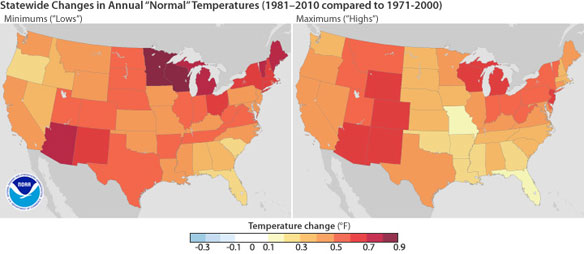
The climate of the 2000s is about 1.5 degree F warmer than the 1970s.
Islands Going Under, The Carteret Islands
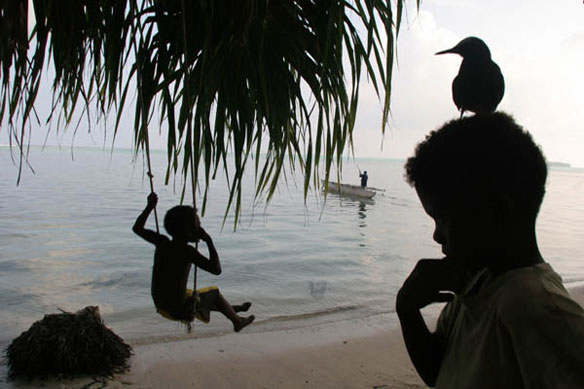
The Carteret Islands off the coast of Papua New Guinea are drowning… What should have been an idyllic South Pacific paradise, is rapidly turning into a climate change disaster site.
Study details significant sea level rise
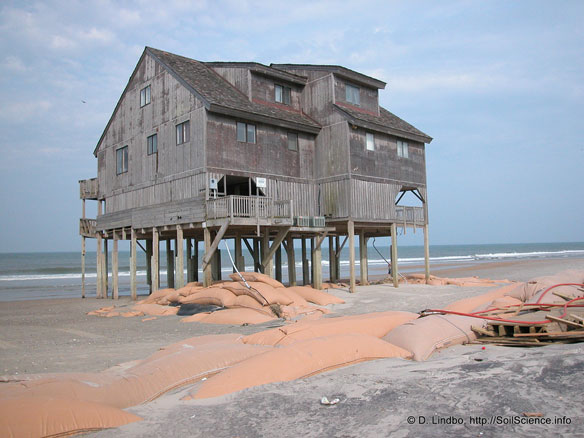
Since the late 19th century, sea level has risen by more than 2 millimeters per year on average, the steepest rate for more than 2,100 years. The new study does not predict the future, yet it does show “there is a very close link between sea level and temperature. So for the 21st century when temperatures will rise, so will sea level.”
Cuba: Sea levels to rise more than 30 in. by 2100
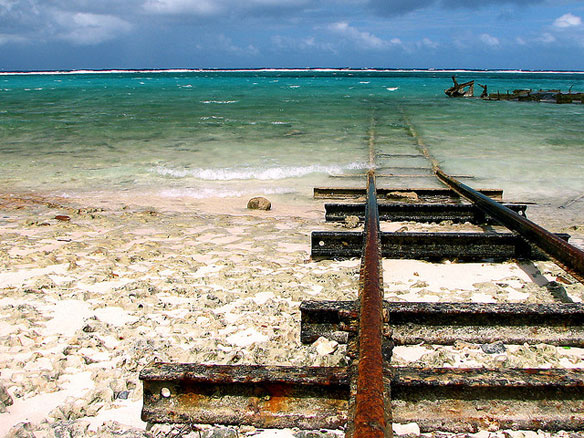
Cuban scientists warn that right now it is urgent to preserve mangroves, coral reefs, sea grass and sand beaches. Each of these ecosystems is a natural barrier to defend the coasts from the impact of climate change and sea level rise. Most of the 400 beaches of Cuba’s territory are affected by erosion with a receding coastline estimated at 1.2 meters per year.
One million Bangladesh Homes on Solar Power
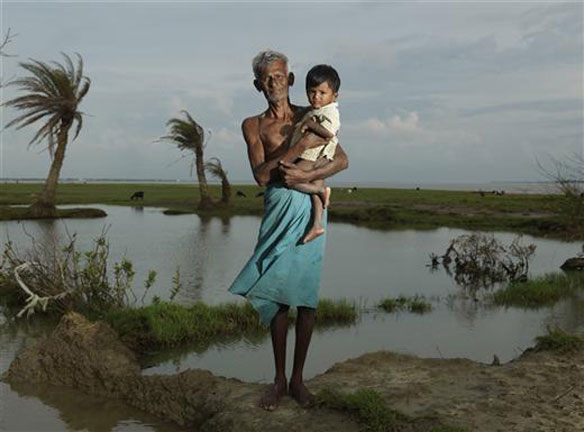
The number of households in electricity-starved Bangladesh using solar panels has crossed the one million mark, the fastest expansion of solar use in the world.
Human Activities Produce More Carbon Dioxide Emissions Than Do Volcanoes
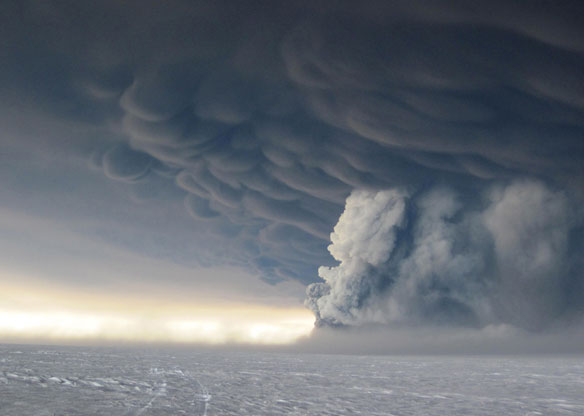
On average, human activities put out in just three to five days, the equivalent amount of carbon dioxide that volcanoes produce globally each year.
Climate change: How do we know?

The current warming trend is of particular significance because most of it is very likely human-induced and proceeding at a rate that is unprecedented in the past 1,300 years. In the meantime, the fate of the only international agreement that sets binding targets for curbing greenhouse gases is hanging by a thread…
